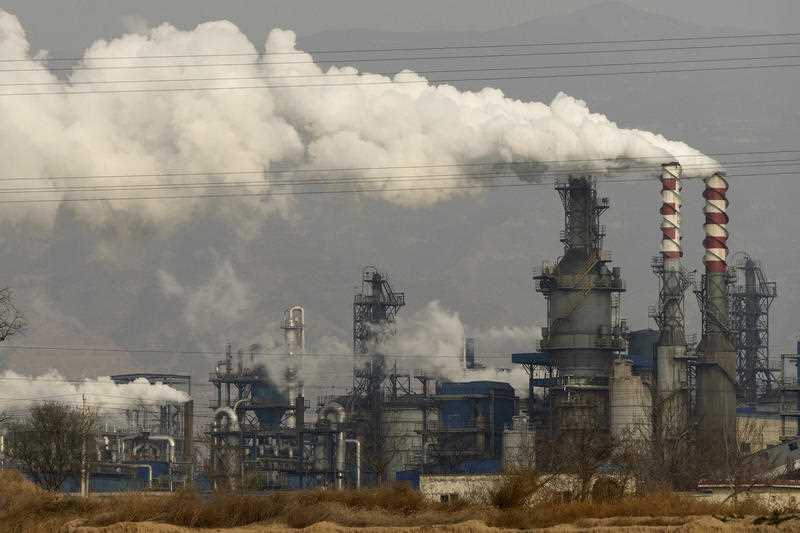The global rebound from the COVID-19 pandemic is set to drive greenhouse gas emissions that stoke climate change to all-time highs, the Paris-based International Energy Agency says.
“We estimate that full and timely implementation of the economic recovery measures announced to date would result in CO2 emissions climbing to record levels in 2023, continuing to rise thereafter,” the agency said in a report on Tuesday.
Spending plans for clean energy allocated by governments around the world in the second quarter of this year add up to $US380 billion ($A519 billion), making up just two per cent of their total stimulus funds in response to the pandemic, the IEA said.
The energy watchdog said the figure represented around a third of what it envisioned was needed in order to put the world on course to reach net zero emissions by mid-century.
“(Countries) must then go even further by leading clean energy investment and deployment to much greater heights beyond the recovery period in order to shift the world on to a pathway to net zero emissions by 2050, which is narrow but still achievable – if we act now,” IEA chief Fatih Birol wrote.
For more world news:
- Rising US coronavirus cases fuel rebound fears
- Brazil dam settlement could be $26b
- Bomb kills 35 in Iraqi capital: officials
- Australia, US allies accuse China of hacks
For national news:
- Pfizer COVID jabs not brought forward for under-40s
- Police gift $7000 COVID fine for illegal office birthday party
- Victoria to spend another week in lockdown
- Poster sexual harassment decision upheld
- Trio refused bail over woodchipper murder
- Dob in your boss, NSW says amid 78 cases



